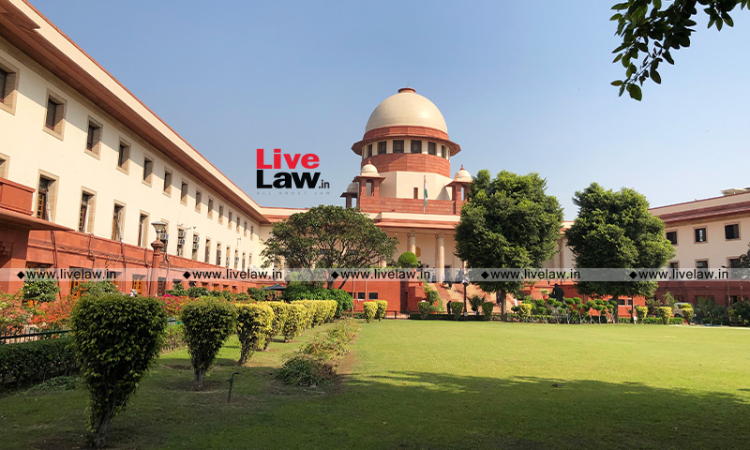Supreme Court Issues Directions For Operation Of Brick Kiln Industries In NCR
Srishti Ojha
14 April 2022 7:59 PM IST

Next Story
14 April 2022 7:59 PM IST
The Supreme Court of India has recently issued directions for operation of the brick kiln industries in the National Capital Region. The Court has mandated compliance with the Environment Ministry notification, adoption of zig zag technology, a prior consent to operate and declaration of the unit's production capacity amongst other conditions. A Bench comprising Justice KM Joseph...
